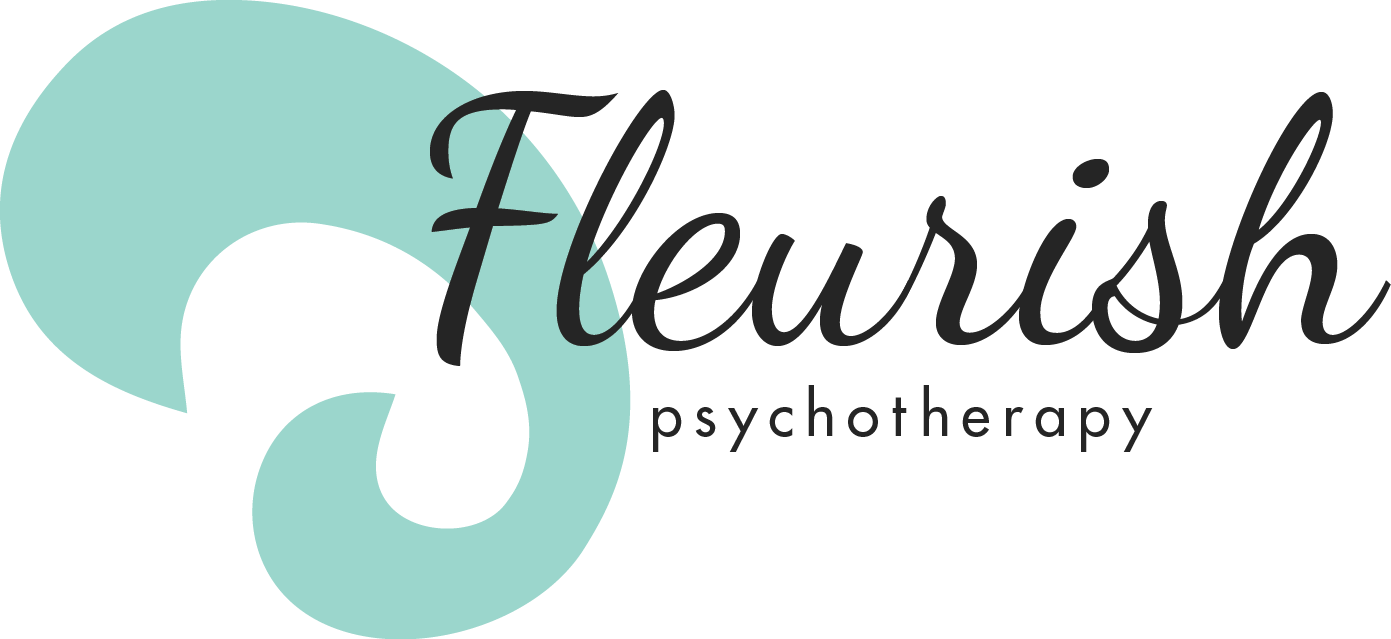4 Tips for Self-Care While Social Distancing
Well, here we are, folks. Many of us are voluntarily self-quarantining, practicing social distancing, or have a mandated quarantine in order to help society “flatten the curve” of the COVID-19 pandemic.
Your day-to-day may now look very different, consisting of Zoom calls and Google Hangouts, or work may have dried up if you are in one of the industries affected by the closing or canceling. Maybe you are stuck at home...with your houseplants, your pets, your partners, and your kids for company.
If you are one of the people stuck at home, then you have a “new normal” to contend with, because (for now) the gym, yoga studio, and, yes, even therapy offices may be closed. Yet even with all the uncertainty, anxiety, and germs floating around, there are things you CAN DO to promote well-being, balance, safety, and a sense of peace. Here are just a few:
1) BREATHE DEEPLY
Breathing is one of the MOST important ways we calm our bodies and regulate our nervous system in the face of stress. Notice your breathing. Have you been holding your breath while reading the news or even reading this article? If so, you have an opportunity to reset your body’s sense of safety and to calm your fight/flight response by taking just 10 slow, deep breaths. Let’s try just one breath. Breathe in through your nose the deepest breath you have taken all day. Hold for a second and let it out slowly enough so that the exhale lasts, at least, as long as the inhale. Notice your shoulders, neck, muscles in your face, or anywhere you might feel the effect of this one calming breath. Don’t feel anything yet? That’s ok! It takes practice and there are tons of apps that can help, here’s one.
2) SLEEP
How’s your hygiene? No, not the constant handwashing and Lysol-ing, we are all doing--I mean your Sleep Hygiene! You have time now, so take that time and sleep! Sleep is restorative and repairing, boosting immune function and mental wellbeing. That said, the quality of your sleep is important. Sleep Hygiene is all about making it possible for you to sleep deeply and well. Read some helpful tips and tricks here.
3) MOVE
We all know that exercise is helpful for mental health. Now more than ever, when we are all alert (and maybe anxious) our Autonomic Nervous Systems need a way to discharge all that excess energy caused by feeling vigilant. Looking for inspiration and can’t get to your gym or studio? First, ask your gym or studio if they have online resources (support local business!) and if you want more options check out:
Amanda Martin (local pilates instructor doing Zoom/distance mat pilates)
Yoga With Adriene for free
Free trial for the FitBod app
Daily Burn is offering 60 day trial periods on Youtube due to coronavirus
4) CONNECT
Check on those you love with a call or text. Cherish the gift of time you have been given by this sudden change of events. Quality time with pets counts too! Pets benefit from our undivided attention as much as we do, check out this heartwarming video to see how the connection between dogs and their owners can support wellbeing! Go for a walk together or play a game. If you are a couple looking to reconnect, then you might like John’s Gottman’s new book, “Eight Dates: Essential Conversations for a Lifetime of Love.” If you live with other people, you may look back on this time as a time when you had a lot of opportunity to “just be” with those you care about.
And last but not least, we are here to connect with you too! Don’t hesitate to reach out--we aren’t going anywhere either ;)




